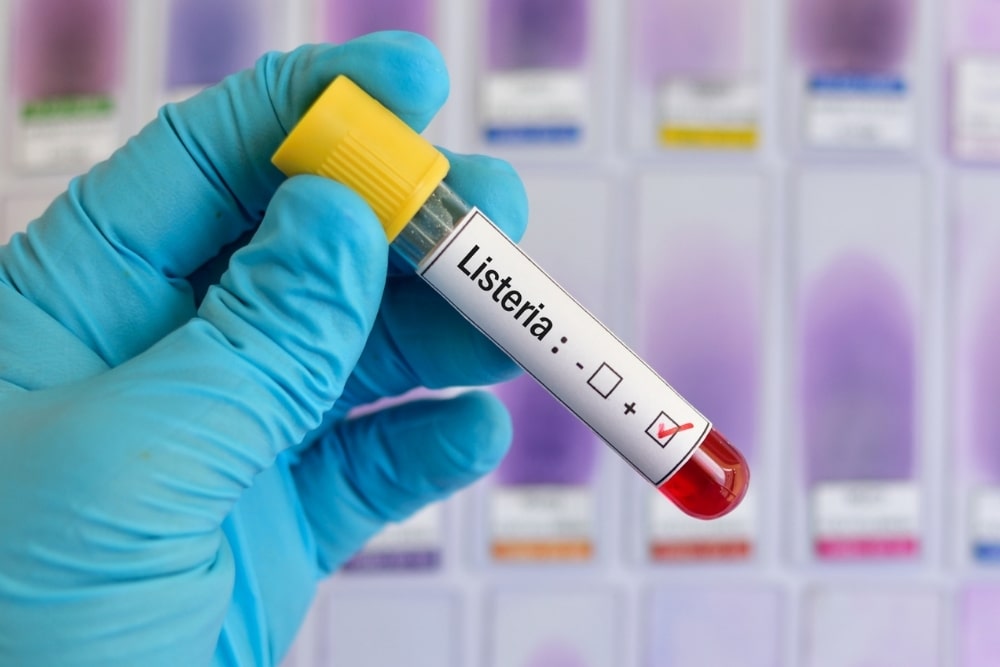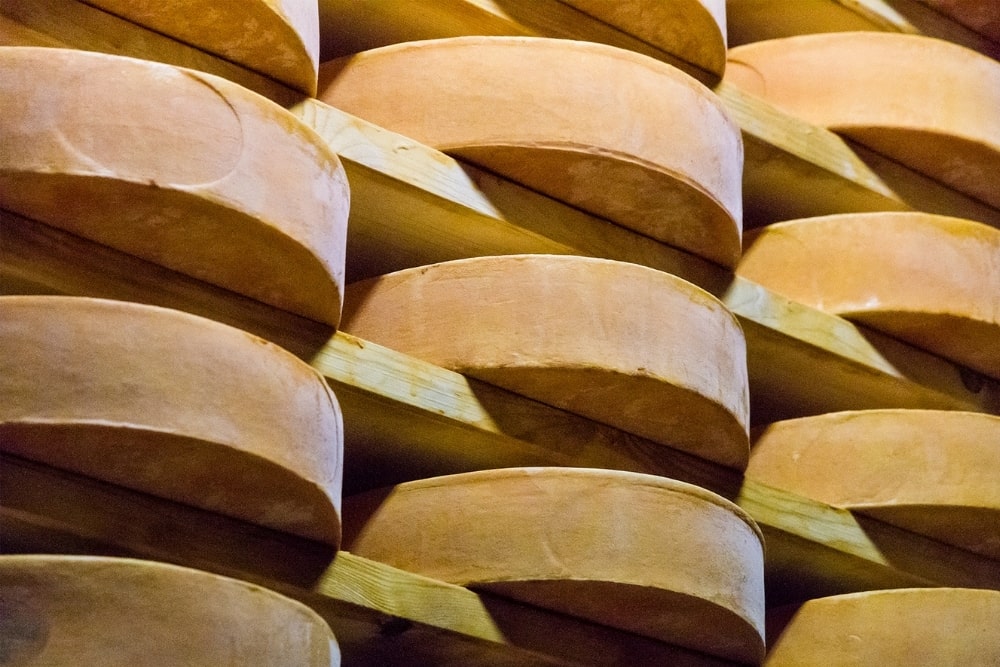Pregnancy brings with it many questions and no more so than about the foods that you can and can not eat safely. Cheese is a food that raises many questions about its safety and which varieties are safe to consume while pregnant.
One such question is can you eat Fontina cheese when pregnant? We have taken a look at this cheese and gathered all the relevant information about its safety during pregnancy for you to make an informed choice.
In this article
What Is Fontina Cheese?
Fontina is traditionally an Italian cheese made from cow’s milk and it has a soft mild flavor. Fontina cheese is traditionally made from unpasteurized milk and has a texture that is semi-hard, smooth and has many small holes in the body.
Although traditionally Italian, there are also Danish, and Swedish versions of this cheese yet all are characterized by their waxy rind and sweet-savory flavor.
Is Fontina Cheese Pasteurized?
In the United States, the FDA requires that all soft cheeses such as Brie, Camembert, and Fontina no matter if they are imported or domestically produced must be made with pasteurized dairy.
By raising the temperature of the milk during the pasteurization process, making it hot enough to kill any potentially dangerous bacteria, including E.coli and listeria.
What Are E.Coli And Listeria?
E.coli is a type of bacteria that normally lives in our intestines where it actually helps our body to break down and digest the food that we eat. But there are certain strains of E.coli that are spread through contaminated food or water and from infected people and animals.
During pregnancy, E.coli can cause symptoms such as:
- Diarrhea.
- Stomach cramps and pain.
- Nausea and vomiting.
- Pain or burning sensation when urinating.
- Kidney infection could lead to kidney failure.
It is possible for your unborn baby to be affected by the E.Coli bacteria by passing on the infection during birth, diarrhea and vomiting can make you feel weak and dehydrated.
Listeria is a foodborne bacterial infection that can be very serious if caught while pregnant. The infection can be deadly to unborn babies but getting prompt treatment can help to lessen the effects of listeria infection.
View in gallery
The problem with Listeria bacteria is that it can survive refrigeration as well as freezing. So the only way to avoid it if you are one of those at-risk people (like pregnant women) is to avoid eating the foods most likely to contain listeria bacteria such as:
- Raw vegetables
- Contaminated meat
- Unpasteurized milk and foods made with unpasteurized milk.
- Some processed foods such as soft cheeses, hot dogs, and deli meats.
Although the symptoms of listeria usually only cause milk symptoms in pregnant women the consequences for their babies can be far more serious:
- Miscarriage
- Stillbirth
- Premature birth
- A potentially fatal infection after birth.
Can You Consume Pasteurized Cheese When Pregnant?
Most soft cheeses are considered safe to eat while pregnant as long as they are made from pasteurized milk. This is the same for other cheeses such as cheddar, American cottage, and cream cheeses.
For the most part, hard cheeses are considered safe to eat while pregnant.
FAQs
What cheeses can you eat while pregnant?
When you are pregnant you can consume all hard pasteurized cheeses which include cheddar, stilton, and parmesan. You can also safely eat soft cheeses that are pasteurized such as cottage cheese, mozzarella, feta, cream cheese, paneer, ricotta, and halloumi.
As well as those pasteurized cheeses you can also safely eat soft unpasteurized cheese as long as they are cooked until they are steaming hot.
What cheeses should you avoid while pregnant?
While pregnant, you should avoid mold-ripened soft cheese such as brie, camembert, and chevre which is a type of goat’s cheese, and other cheeses that have a similar white rind on them.
Soft blue-veined cheeses such as Danish blue or gorgonzola should also be avoided. The reason for avoiding these cheeses is that they are made with mold and there is the potential that they could contain listeria.
View in gallery
The Final Thought
Although there are some foods that you should avoid while pregnant there are also many that remain safe for you to continue enjoying throughout your pregnancy – Fontina cheese is one of these.
But if you are a cheese lover you may be wondering about how safe other cheeses are such as Burrata cheese and goat’s cheese.






